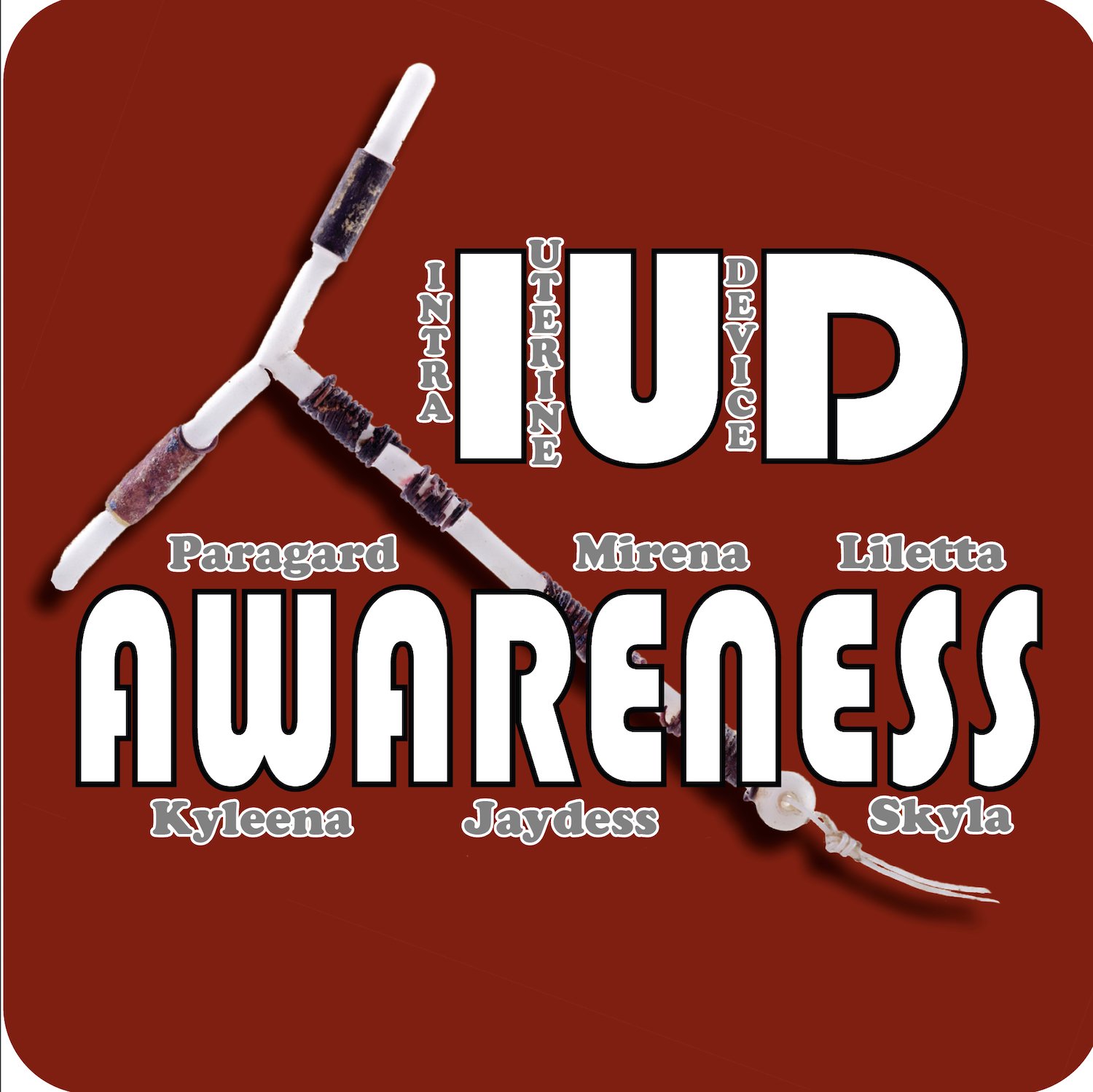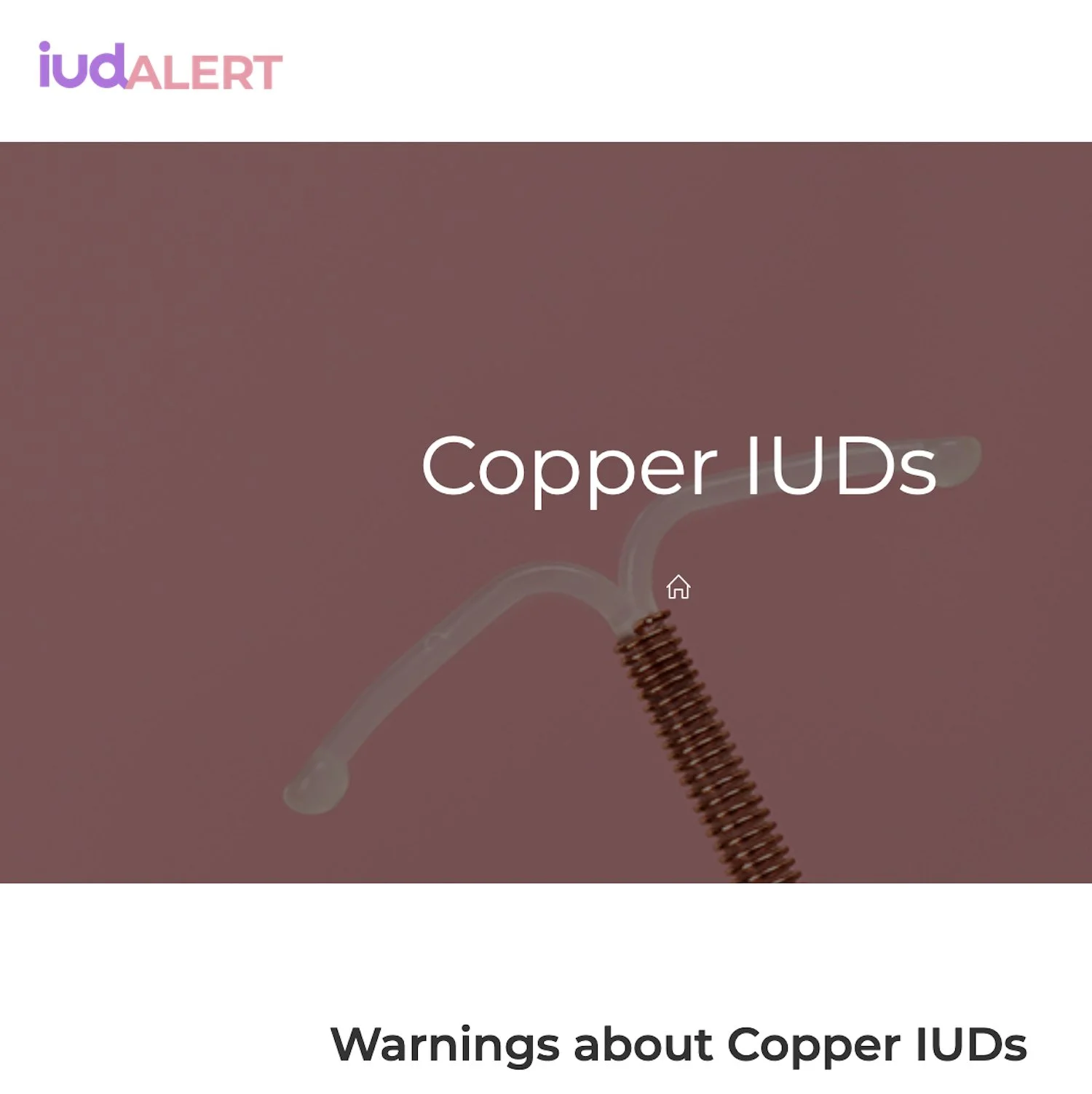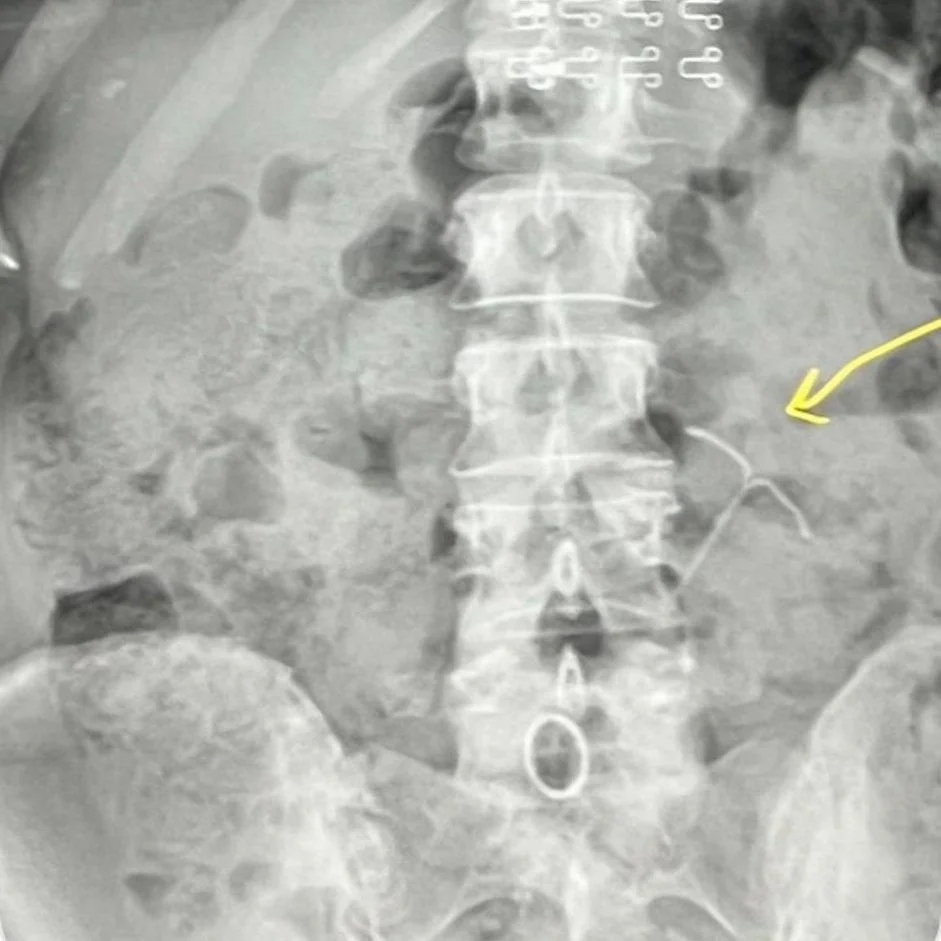6 Major Disadvantages of IUDs You Should Be Aware Of
/ Internet Link
6 Major Disadvantages of IUDs You Should Be Aware Of
Erica Davies - Drugwatcher
October 4, 2021
“How Well It Works
Copper and hormonal IUDs are more than 99 percent effective at avoiding pregnancy. They’re one of the most effective types of contraception around. As such, many women consider them an excellent choice of birth control.
Both types of IUDs help in avoiding unwanted pregnancy. They have their own benefits, including ease of use and cost-effectiveness over time, among others. However, both also have their downsides.
Disadvantages
1. IUD insertion can be painful
2. IUDs don’t protect against STDs
3. It can mess with your periods.
4. There’s a risk of uterine perforation
5. An IUD can be driven out of the uterus
6. It may fail to prevent pregnancy
Find the details of each of these disadvantages by reading the article.
Moreover, a Paragard IUD may also not be safe for women who have an allergy to copper and Wilson’s disease. Women also shouldn’t get a hormonal IUD if they previously had breast cancer.
In rare cases, problems with the uterus like malformations may also make it hard for an IUD to stay in place.
The Bottom Line
An intrauterine device is highly effective at preventing pregnancy for most women. However, it’s not entirely foolproof. As such, there can be some negative side effects with IUD use.
These side effects, however, should ease up after three to six months following insertion. After all, each woman’s body responds differently to the device. And for others, it may take some getting used to. But only you know your body best.
If your pain and other side effects are still bothering you after a while, or you feel that they’re getting too severe for you to handle, talk to your doctor immediately.
The Paragard intrauterine contraception is linked to a wide array of side effects. Some of which can also be severe. If you suffered from injuries due to a broken Paragard IUD, you can pursue legal action like many others who already filed complaints against its manufacturer.”




































































































Go Fund Me
August 18, 2024